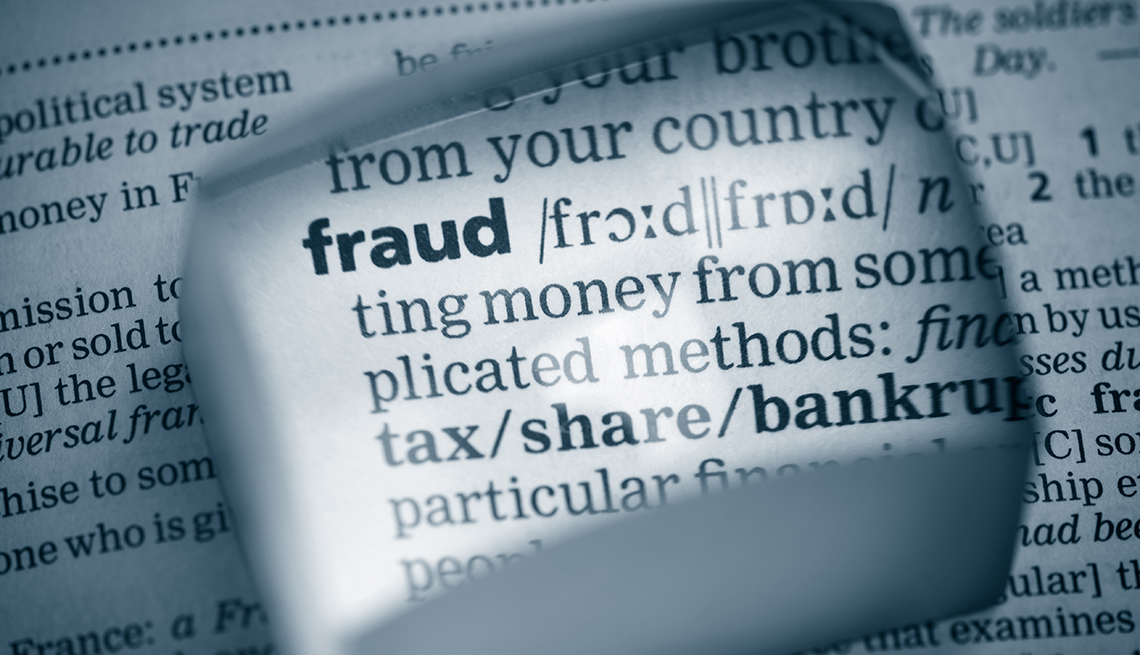Play all audios:
By Katherine Skiba En español Published October 07, 2020
Even a pandemic isn't enough to deter scammers from going after your money and identity. Here are eight tips from fraud experts to protect you during the coronavirus outbreak.
Scam-ProofYour Passwords and Credit 1. Be extremely careful when shopping online.
Before you place a digital order with an unfamiliar store, check out the company or product online first, the Federal Trade Commission (FTC) urges.
Complaints about online shopping made to the consumer-protection agency rank first among the nearly 115,000 coronavirus-related fraud reports this year, says the FTC's Colleen Tressler.
Online shopping complaints skyrocketed in April and May, when more than half the people complaining said they never got what they ordered. Early on, shady sellers set up websites offering
hard-to-find products such as masks, sanitizer, toilet paper, thermometers and gloves. Sellers blamed the pandemic for shipping delays, then stopped responding to consumers, who in some
cases were sent counterfeit or defective items or products not in the size ordered.
2. Be wary of strange texts, calls and emails.Scammers reach out any way they can, including through social media. Some bad actors even show up at your door.
The number of complaints about violations of the National Do Not Call Registry “are starting to pick up again after months of decline,” Tressler says. “As the scammers take to the phones
again, you can expect to see an uptick in popular phone scams."
3. Be sure your computer's antivirus and anti-malware software is up to date.Computer tech-support scams are “ever popular,” Tressler says. Con artists try to convince you that you have a virus or other serious problem affecting your computer; just keep in mind that
“you don't need to fix” a problem that doesn't exist, she says. Use extreme caution when payment is sought through gift, prepaid or reload cards, wire transfers or money-transfer apps.
4. Be aware: Impostors wear many hats.
They pose as representatives of government agencies: Social Security, the Centers for Medicare & Medicaid Services, the Internal Revenue Service, the Census Bureau and the Federal Deposit
Insurance Corporation, to name a few. Or they may masquerade as a family member in need of quick cash for an emergency. Or as a would-be romantic interest who chats with you several times a
day.
"Pretending to be [from] the government may be scammers’ favorite ruse,” Tressler says. “And whatever the pitch, they all have one thing in common: to get your money and your personal
information."
5. Be sure to turn down pitches for quack COVID-19 cures and treatments.The FTC has sent nearly 300 warning letters to companies making false claims about products that supposedly will prevent or combat COVID-19.
Here's the list.
"If there's a medical breakthrough, you're not going to hear about it for the first time from an ad or a sales pitch,” according to Tressler, who said that the overwhelming majority of firms
comply after receiving warnings.
6. Be careful if you hear from a contact tracer.

